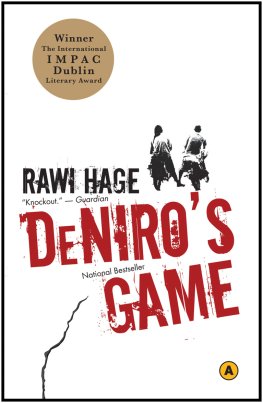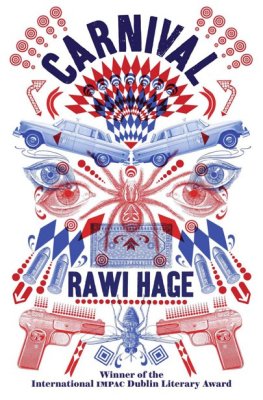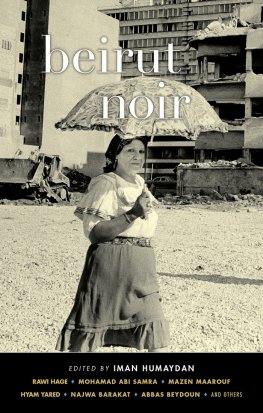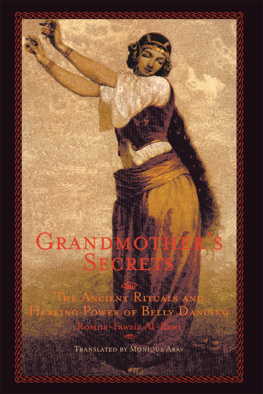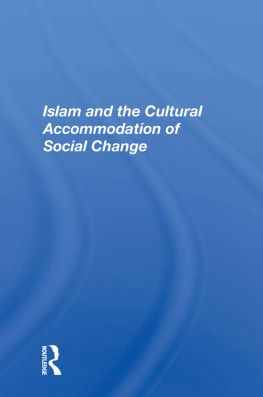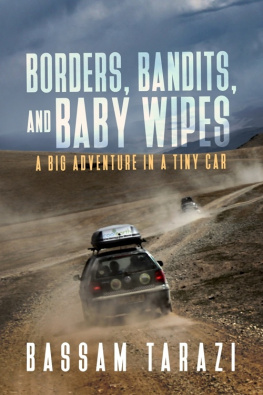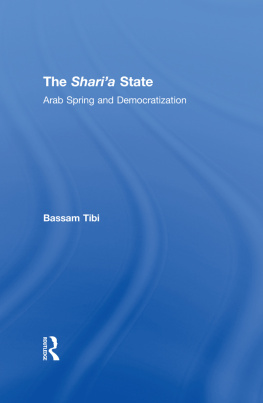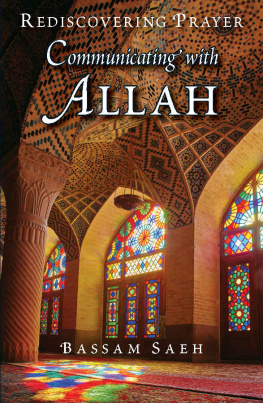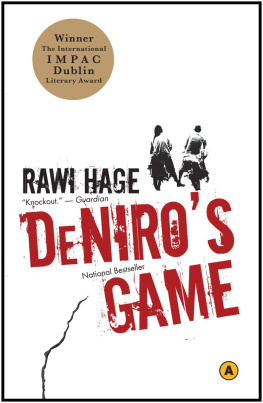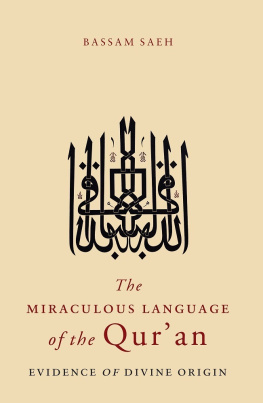Praise for Rawi Hages DE NIROS GAME
Rawi Hage is a powerful stylist who uses incantatory language to remix the sounds of the Old Testament with the visuals of a modern blown-up city.
Scotiabank Giller Prize Jury
De Niros Game is an unflinching and timely look at the shattering of relationships in a war-torn world.
Governor Generals Literary Award Jury
[A] masterpiece. . writing cannot really get much better than Hages. .
Literary Review of Canada
Stylistically innovative, fresh and shockingly bold. The language. . is by turns spare and lyrical. . renders unflinchingly the ravages of war, but also a deep humour and compassion.
Paragraphe Hugh MacLennan Prize Jury
I am reminded of Hemingway, who wrote about mens conflicting allegiances to desire, ambition and principle. In De Niros Game, the characters. . have not gone to war it has enveloped their lives in this stunning novel about violence and choice in our world.
Vincent Lam in the Globe and Mail
De Niros Game is a feverish nightmare of a book, written with a distinctly European flair. . [readers] will be seduced.
Toronto Star
The stunning De Niros Game affirms, as Stefan Zweig wrote, how much of immortality a great and truthful literature can confer upon a people.
Sarah McNally, McNally Robinson Booksellers
Harsh, distressing, and beautiful. . the work of a major literary talent.
McAuslan First Book Prize Jury
[Hage has] vividly retrieved a time of pockmarked streets, cratered houses, and despair.
Quill & Quire
[Hages] tough, urgent style reflects the brutal world of bullets and bombs, of snap decisions that mean life or death.
Winnipeg Free Press
And the breadth shall be ten thousand.
THE BOOK OF THE PROPHET EZEKIEL
How, from a fire that never sinks or sets,
would you escape?
HERACLITUS
Moi, jai les mains sales. Jusquaux coudes.
Je les ai plonges dans la merde et dans le sang.
JEAN-PAUL SARTRE
TEN THOUSAND BOMBS HAD LANDED, AND I WAS WAITING for George.
Ten thousand bombs had landed on Beirut, that crowded city, and I was lying on a blue sofa covered with white sheets to protect it from dust and dirty feet.
It is time to leave, I was thinking to myself.
My mothers radio was on. It had been on since the start of the war, a radio with Rayovac batteries that lasted ten thousand years. My mothers radio was wrapped in a cheap, green plastic cover, with holes in it, smudged with the residue of her cooking fingers and dust that penetrated its knobs, cinched against its edges. Nothing ever stopped those melancholic Fairuz songs that came out of it.
I was not escaping the war; I was running away from Fairuz, the notorious singer.
Summer and the heat had arrived; the land was burning under a close sun that cooked our flat and its roof. Down below our white window, Christian cats walked the narrow streets nonchalantly, never crossing themselves or kneeling for black-dressed priests. Cars were parked on both sides of the street, cars that climbed sidewalks, obstructed the passage of worn-out, suffocating pedestrians whose feet, tired feet, and faces, long faces, cursed and blamed America with every little step and every twitch of their miserable lives.
Heat descended, bombs landed, and thugs jumped the long lines for bread, stole the food of the weak, bullied the baker and caressed his daughter. Thugs never waited in lines.
GEORGE HONKED.
His motorcycles cadaverous black fumes reached my window, and its bubbly noise entered my room. I went downstairs and cursed Fairuz on the way out: That whining singer who makes my life a morbid hell.
My mother came down from the roof with two buckets in her hands; she was stealing water from the neighbours reservoir.
There is no water, she said to me. It only comes two hours a day.
She mentioned something about food, as usual, but I waved and ran down the stairs.
I climbed onto Georges motorbike and sat behind him, and we drove down the main streets where bombs fell, where Saudi diplomats had once picked up French prostitutes, where ancient Greeks had danced, Romans had invaded, Persians had sharpened their swords, Mamluks had stolen the villagers food, crusaders had eaten human flesh, and Turks had enslaved my grandmother.
War is for thugs. Motorcycles are also for thugs, and for longhaired teenagers like us, with guns under our bellies, and stolen gas in our tanks, and no particular place to go.
We stopped at the citys shoreline, on the ramp of a bridge, and George said to me, I have a mashkal (problem).
Talk, I said.
This man, Chafiq Al-Azrak I think his name is, parks his car down from my Aunt Nabilas place. When he leaves, he still reserves the space for himself. I moved the two poles marking his spot so my aunt can park. So she parks, and we go up to have coffee at her place. This Chafiq fellow knocks at my aunts door and asks her to move her car. It is his space, he says. My aunt says, It is a public space. . He insults her. . She shouts. . I pull out my gun, put it in his face, and kick him out of the house. He runs down the stairs and threatens me from below. But we will show him, wont we, quiet man?
I listened and nodded. Then we hopped back on the motorbike and drove under falling bullets, oblivious. We drove through the noise of military chants and a thousand radio stations all claiming victory. We stared at the short skirts of female warriors and drove beside schoolgirls thighs. We were aimless, beggars and thieves, horny Arabs with curly hair and open shirts and Marlboro packs rolled in our sleeves, dropouts, ruthless nihilists with guns, bad breath, and long American jeans.
I will see you tonight, late, George said to me when he dropped me back home. Then he drove away.
MIDNIGHT CAME; the noise of Georges motorbike filled the neighbourhood. I went down to the alley where the men watched the late-Friday-night Egyptian movie, smoking on small balconies, gulping cold beer and araq, cracking fresh green almonds, and with their filthy yellow nails crushing American cigarettes in folkloric ashtrays. Inside their houses, the impoverished women carefully, economically, dripped water from red plastic buckets over their brown skins in ancient Turkish bathtubs, washing away the dust, the smells, the baklava-thin crust, the vicious morning gossip over tiny coffee cups, the poverty of their husbands, the sweat under their unshaven armpits. They washed like meticulous Christian cats that lick their paws under small European car engines that leak corporate oil extracted by exploited Nigerian workers from underneath the earth where devils roam, and worms gnaw on the roots of dead trees that are suffocated by factory fumes and the greedy breath of white-skinned engineers. Those lazy cats lingered under unwashed cars, watching the passing of Italian shoes, painted nails, colourful and torn-out cuffs, pointy high heels, plastic flippers, stomping naked feet, and delicious exposed ankles that thick hands would bind, release, and slip higher to reach a flow of warm fluid that carefully, generously turned into a modest flood smelling of eel, red fish, and rosewater.
We drove fast toward Georges aunts house. When we arrived, George said, That is Chafiq Al-Azraks car. He pulled out his gun. I gave the motorcycle gas and made it roar. George shot the wheels of the car, and the air in them was released. He aimed higher and shot the cars lights, the door, the tinted glass, the seat inside, his own reflection in the mirror. He fired silently, and calmly danced around the car, then pointed and fired again. The broken metal was penetrated with tiny, damaging holes, quick and sharp. It was a lethal, entertaining act of vengeance, and I liked it.

